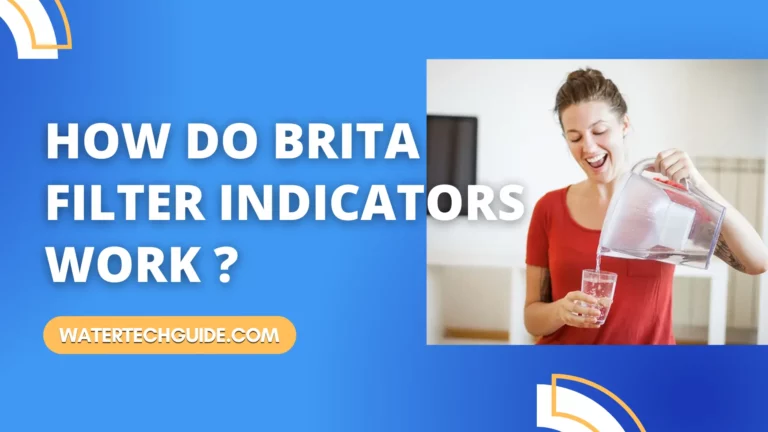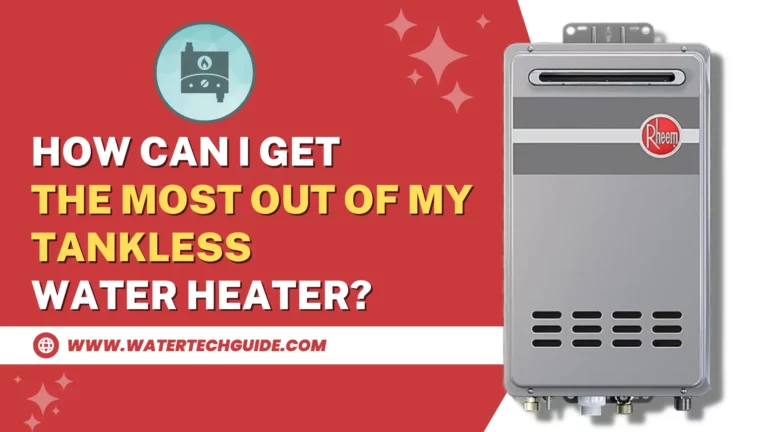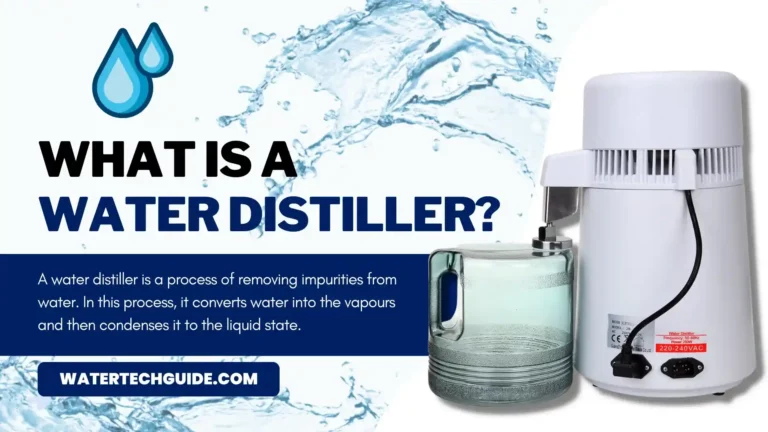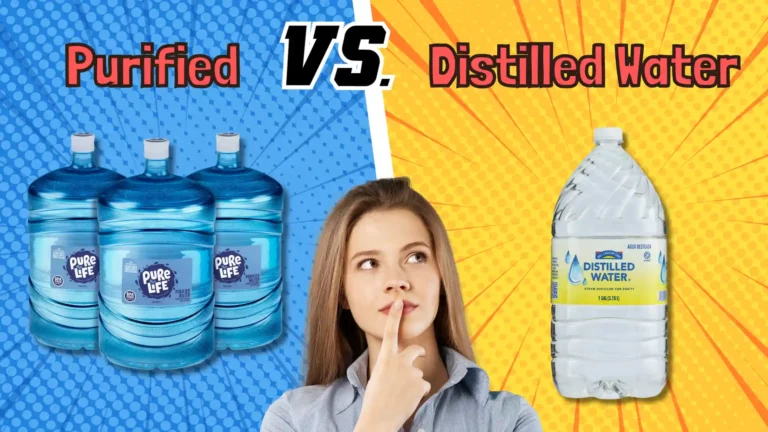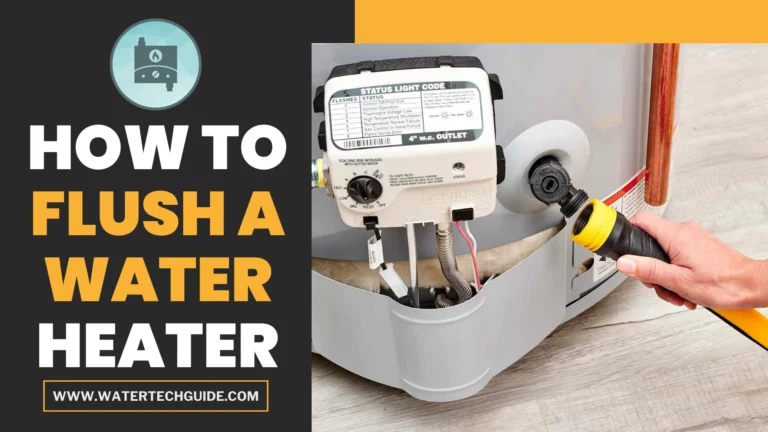Soften hard water naturally: Soften Hard Water With 7 Natural Remedies
We can’t live without it, but sometimes the water we get from our taps at home is hard. Water is said to be “hard” when it contains high levels of minerals, most commonly calcium and magnesium. Hard water can cause problems by leaving mineral deposits on appliances, hair, skin, and laundry. It also makes it more difficult to create a lather with soap and can leave a film on dishes. Which can make your hair and skin feel dry and itchy, and your clothes stiff.
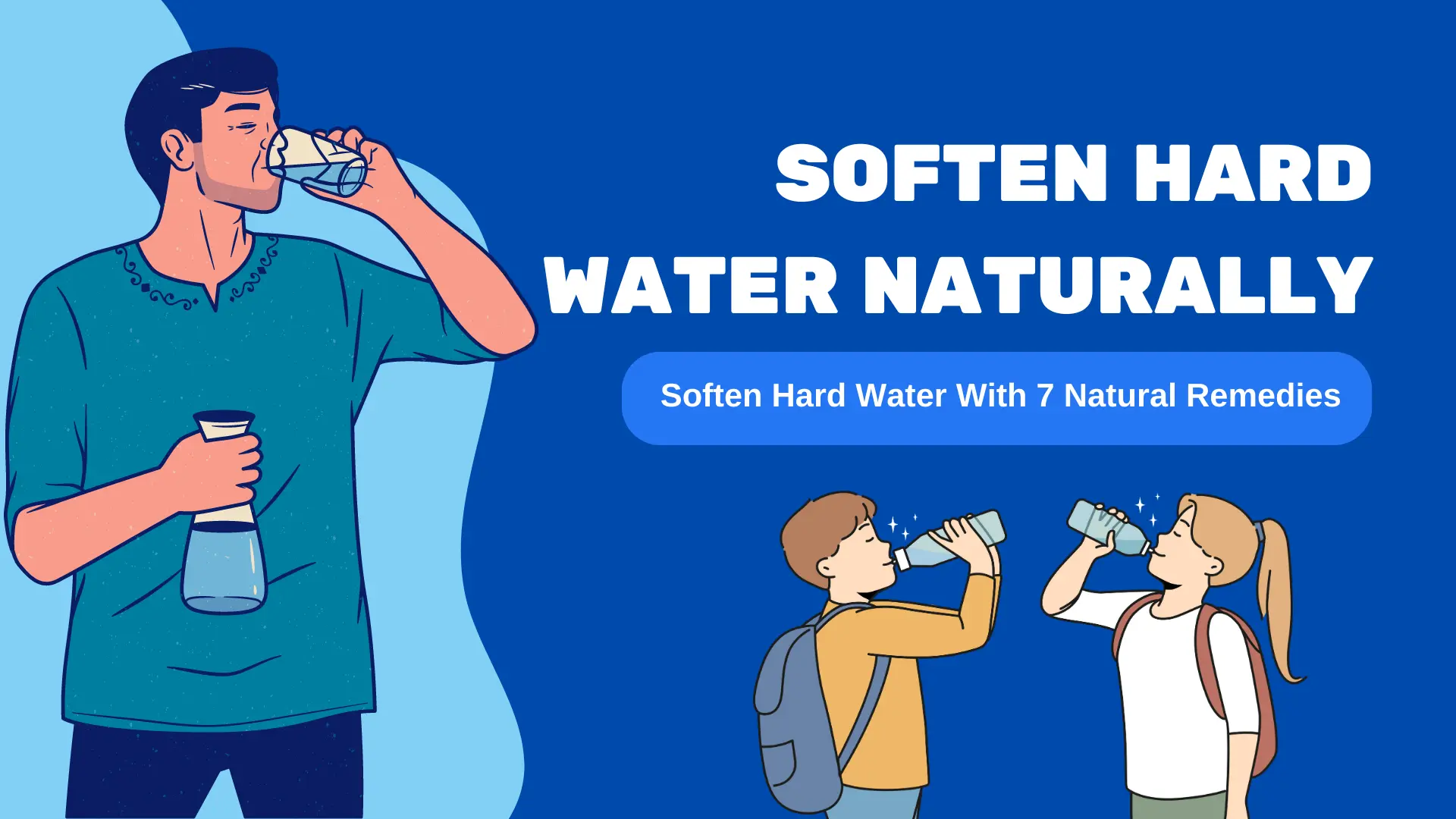
In this article, we will explore seven different methods of softening hard water at home.
What is Hard Water?
Hard water is water that has a high mineral content, specifically calcium and magnesium. These minerals can cause scaling on pipes and appliances, and can also make it difficult to lather soap and shampoo. Hard water can also be harmful to your skin and hair.
Hard water is a type of water that contains high levels of minerals, specifically calcium and magnesium. When these minerals build up in your home, they can cause a variety of problems including decreased water pressure from taps, soap scum buildup, appliance damage, and dry skin and hair. In addition to being aesthetically displeasing, hard water can also decrease the efficiency of your laundry by preventing foam formation.
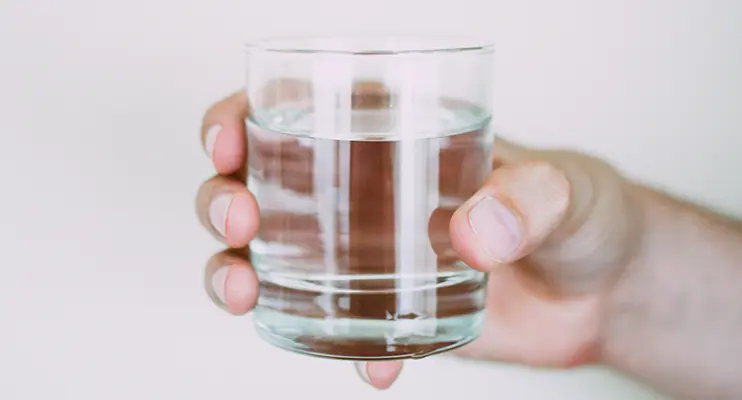
If you’re having trouble with hard water in your home, don’t worry! There are ways to soften it naturally using simple ingredients like lemon juice or vinegar. For more severe cases, you can also use an ion exchange softener to reduce the mineral levels in your water. With a little bit of effort, you can make living with hard water much easier and more manageable.
Hard water is water that has high mineral content:
When is water to be considered hard? What determines whether a given amount of drinking water falls into one category or another can vary depending on who you ask, but generally speaking, if it has less than 60 ppm of carbonates then they will consider it soft and anything with more than 120ppm as “hard”. Anything in the middle is considered to be moderately hard.
Hard Water Causes Limescale Buildup:
Limescale is a hard, chalky deposit that can build up on fixtures and appliances that come into contact with hard water. This white or light-colored substance is made up of calcium carbonate or magnesium carbonate.
While limescale itself is not harmful, it can be unsightly and difficult to remove.
Why you should soften hard water in your home:
Water hardness is caused by dissolved minerals in the water, usually calcium and magnesium carbonate. While hard water is not harmful to your health, it can cause problems with your plumbing and appliances. softened water will not cause these problems and can even save you money on energy costs as your water heaters will be more efficient, limescale greatly reduces the ability for fast heat transfer in a heat exchanger.
If you’re like most people, then you probably don’t enjoy dealing with the hassles of hard water. From tougher-to-clean dishes and clothes to an unsightly appearance from soap scum, there are plenty of reasons why softening your home’s hard water is a good idea.
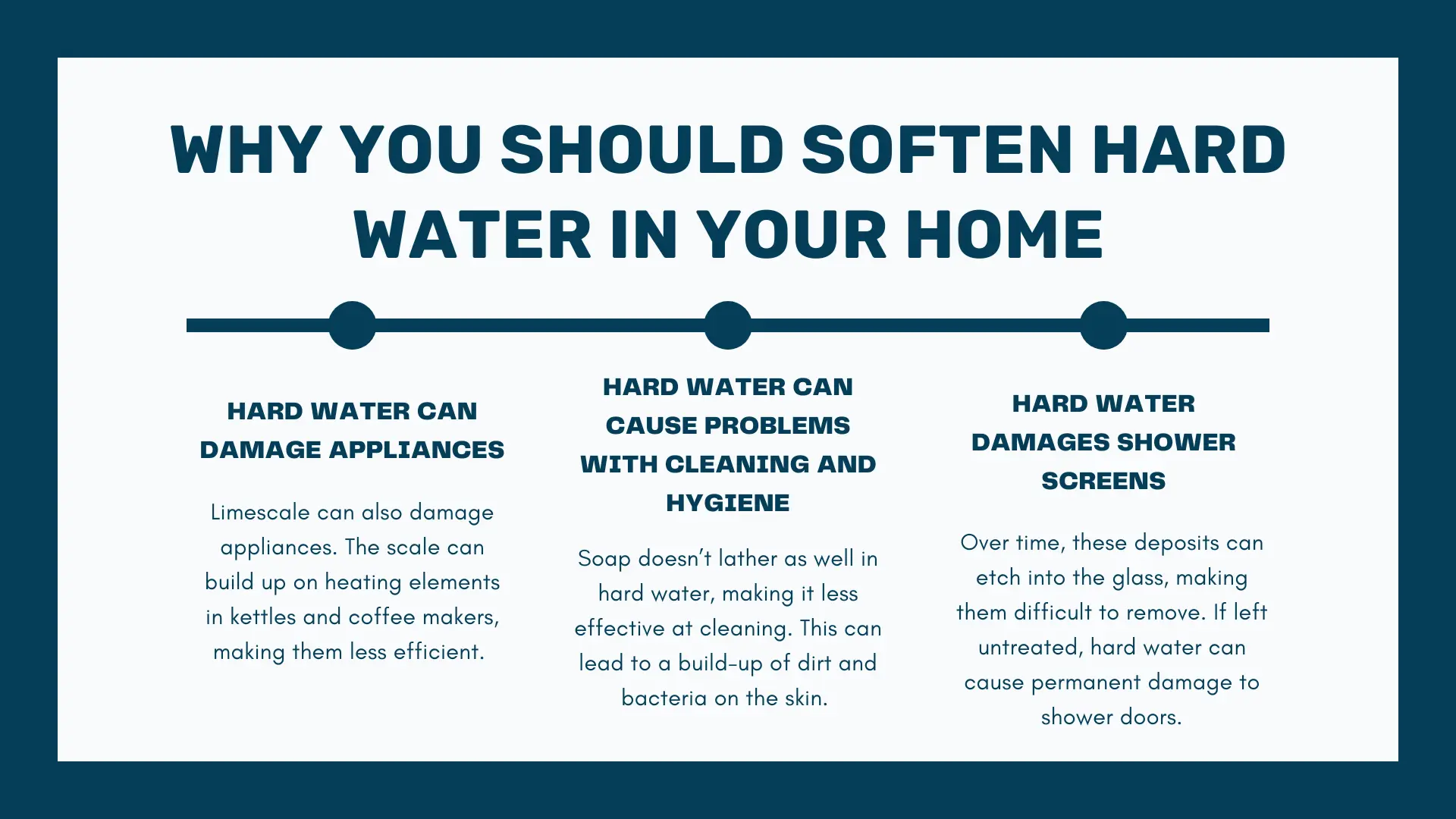
But what if we told you that there were also health benefits to softened water? It’s true! By reducing the number of contaminants in your water, softened water can help reduce your exposure to harmful chemicals. This makes it easier for your body to absorb nutrients and helps keep your skin healthy and hydrated.
Hard water can damage appliances:
Limescale can also damage appliances. The scale can build up on heating elements in kettles and coffee makers, making them less efficient. Over time, the buildup can cause these appliances to fail completely.
In addition to limescale, hard water can also leave behind mineral deposits that can clog pipes and reduce water pressure.
Hard water can cause problems with cleaning and hygiene:
Soap doesn’t lather as well in hard water, making it less effective at cleaning. This can lead to a build-up of dirt and bacteria on the skin. Hard water can also make it difficult to get clothes clean. The minerals can bind to fabrics, making them feel stiff and rough.
Hard Water Damages Shower Screens:
Hard water can quickly damage shower doors, leaving behind unsightly mineral deposits. Over time, these deposits can etch into the glass, making them difficult to remove. If left untreated, hard water can cause permanent damage to shower doors.
How to soften hard water naturally at home? The 7 best choices
There are many ways to soften hard water naturally at home. Some popular methods include using lemon juice, vinegar, or baking soda. You can also use a water softener or a salt-based water softener to soften your water.
If you’re dealing with hard water, don’t worry–there are plenty of ways to soften it without using harsh chemicals or paying for a water softener. Here are seven natural remedies that can help:
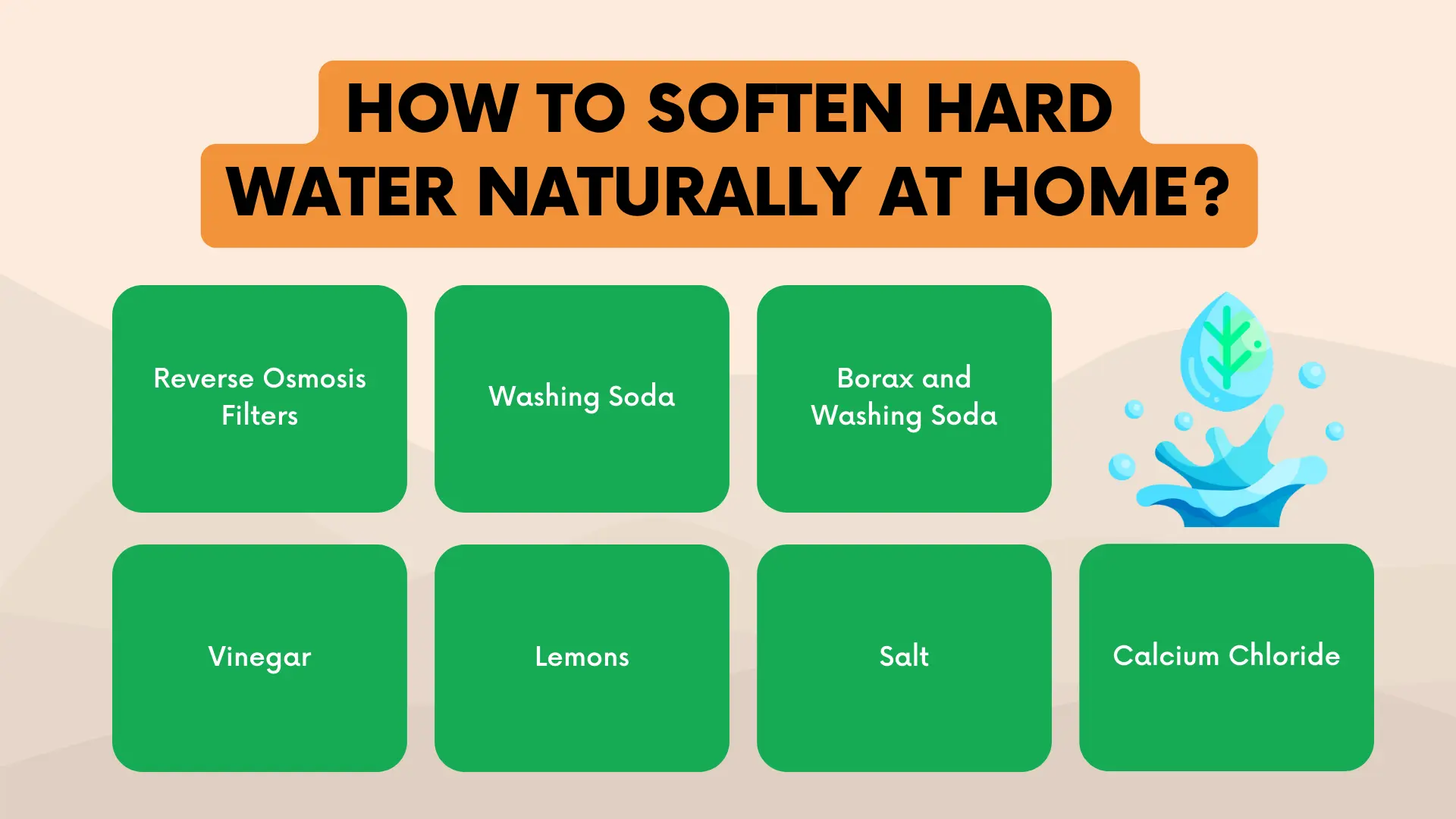
1. Reverse Osmosis Filters:
If your water is mildly or moderately hard, a reverse osmosis filter can be an effective solution. This type of filter uses a semipermeable membrane to separate the molecules in H20, allowing only pure H20 to pass through the system.
2. Washing Soda:
You can soften hard water by washing your laundry with washing soda. Add 1/2 cup of the powder per load to your washer and let it run its cycle as usual.
3. Borax and Washing Soda:
To make your own powder that will soften the water, mix 3/4 cup borax with 1-1/2 cups washing soda. Store this mixture in an airtight container and use 1 tablespoon per load of laundry.
4. Vinegar:
White vinegar is another natural way to soften hard water temporarily. Add 1/2 cup vinegar to your rinse cycle and let it run its course this will help remove any minerals that are causing the hardness.
5. Lemons:
If you have a citrus tree, you can use the lemons from it to soften your water. Squeeze the juice of two lemons into a gallon of cold water and let it sit overnight. Drink this water or use it in your laundry cycles.
6. Salt:
Salt is also used in a process called ion exchange in which hard water mineral ions are exchanged with sodium ions. You can’t just add Salt crystals to your drinking water though as this would make it completely undrinkable. The SAlt is used as part of a filtration system.
7. Calcium Chloride:
This is a more expensive option, but calcium chloride can be very effective at softening hard water permanently. It comes in granular or pellet form.
Install a Cheap Faucet Filter:
You simply attach the filter to your faucet and it does the rest. There are many different types of filters available, so you can find one that fits your needs and budget. Some filters even come with built-in scales inhibitors to help prevent scale build-up on your faucet and fixtures.
Install a Water Softener Filter:
These filters use a resin bed to attract and trap hardness minerals, such as magnesium and calcium, before they can enter your home’s water supply. The resin bed must be periodically regenerated with a salt brine solution to remove the trapped minerals. You can install a water softener filter yourself or hire a professional to do it for you.
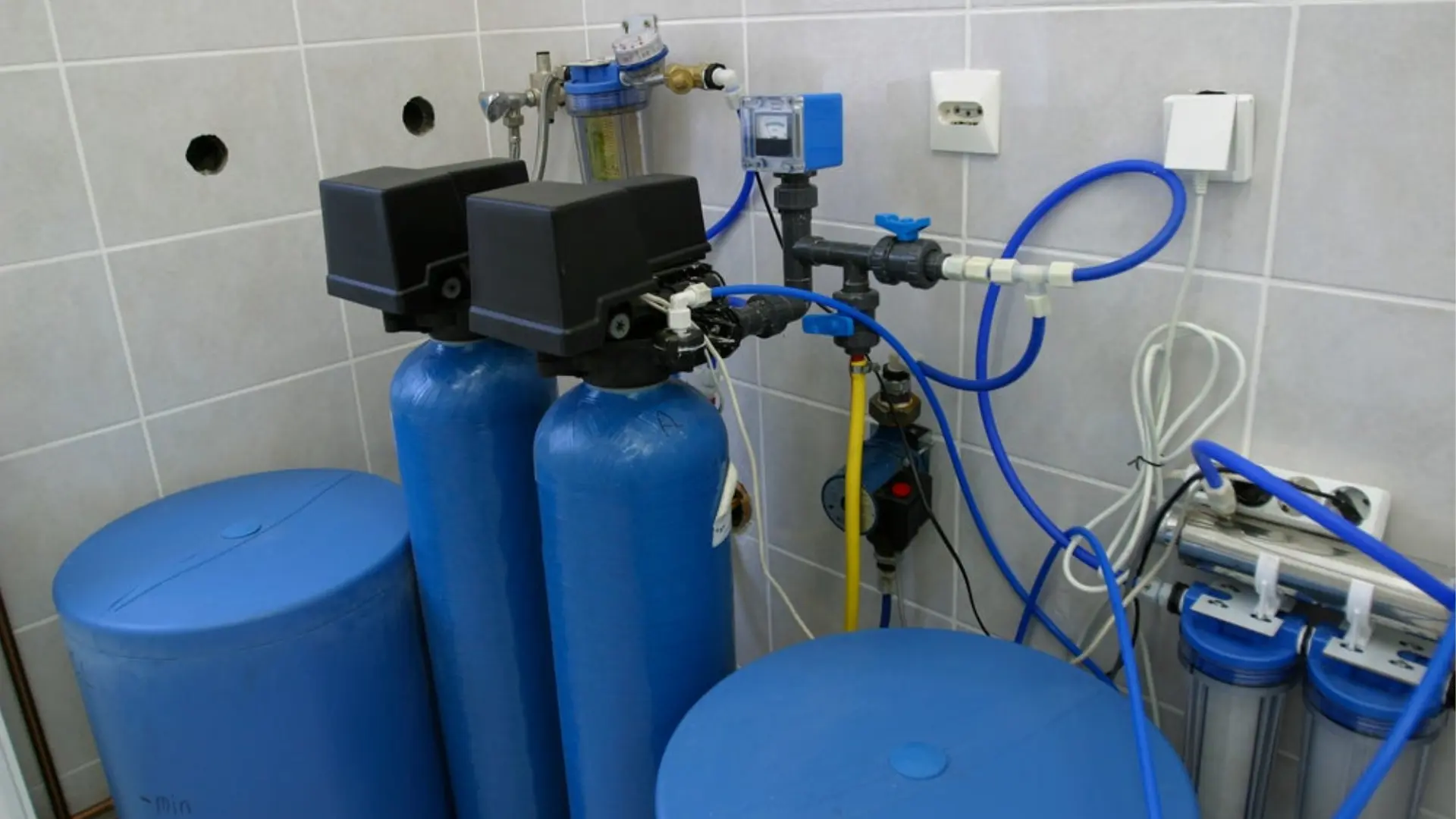
This type of system attaches directly to your home’s main water line and treats all of the incoming water before it enters your plumbing system. If you only have a problem with hard water in certain areas of your home, such as the kitchen or bathroom, you may want to consider installing a point-of-use water softener instead.
Add vinegar to your water before use:
White vinegar is most commonly used in cooking, it can also be used to soften water. This is because vinegar has a chemical reaction with Calcium Carbonate, which is a common source of water hardness. When calcium carbonate and acetic acid (vinegar) mix together, the acid breaks down the calcium carbonate into calcium acetate, water, and carbon dioxide gas. Vinegar is not as effective as some commercial water softeners, it can be a great option for those who are looking for a natural way to soften their water.
As a natural water softener vinegar can help to remove mineral deposits from your appliances. It will also act as a fabric softener, just add one cup of vinegar to your washing machine during the rinse cycle.
Use baking soda to soften your water:
When baking soda is dissolved in water, it forms carbonate of soda, which helps to raise the pH level of the water and makes it less corrosive. If you are only concerned about how your skin feels after a bath, you can add baking soda to your bath. While this won’t technically make your water soft, it will make it feel slippery and “soft.” To use baking soda to soften your water, add 1/4 cup of baking soda to your next bath.
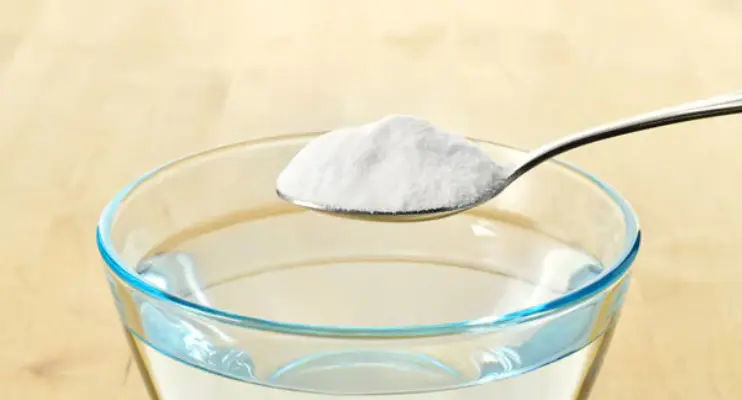
Boil water on the stovetop:
Fill a pot with water and place it on the stove. Turn up the heat to high and wait for the water to come to a boil. Once boiling, turn off the heat and let the water sit for about 30 minutes. Heating the water to a rolling boil will cause much of the carbonate to precipitate out and collect on the bottom of the pot.
Add a water softener to your home plumbing:
A water softener can help by removing the minerals that make water hard. Installing a water softener is a fairly easy process – you just need to connect the unit to your home’s main water line. There are many different types of water softeners available, so you can find one that fits your needs and budget.
We have reviewed a few whole house water softeners, you can check them out here
Use a Water Filter Pitcher:
Not only do they make your water taste better, but they also remove harmful chemicals and metals from the water you drink. You can choose from a variety of pitcher sizes, and there are even some portable models that are perfect for taking with you on the go.
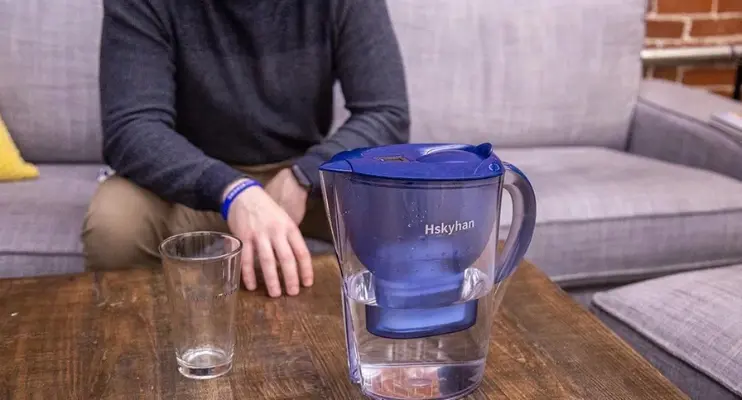
Some pitchers also have additional features like electronic displays that show you how many days until the filter needs to be replaced.
If you’re looking for an easy and affordable way to improve the quality of your drinking water, a water filter pitcher is a great option. Read our review of the Epic Pure Water Filter Pitcher
How to Remove and Prevent Hard Water Limescale Stains Naturally
If you’ve been struggling to remove pesky hard water lime scale stains, don’t worry we have a few natural remedies that might help! One popular method is to use vinegar. White distilled vinegar is acidic and will help neutralize the calcium content of hard water. You can use vinegar as a cleaning agent in some instances and a water softener for other occasions. For example, you can pour a bowl of vinegar to soak fixtures with limescale build-up for at least an hour. Or, you can spray vinegar on surfaces to remove hard water spots.
Another popular option is to use a baking soda and water paste, for a double effect rinse it off using vinegar. You can also use a lemon and salt paste.
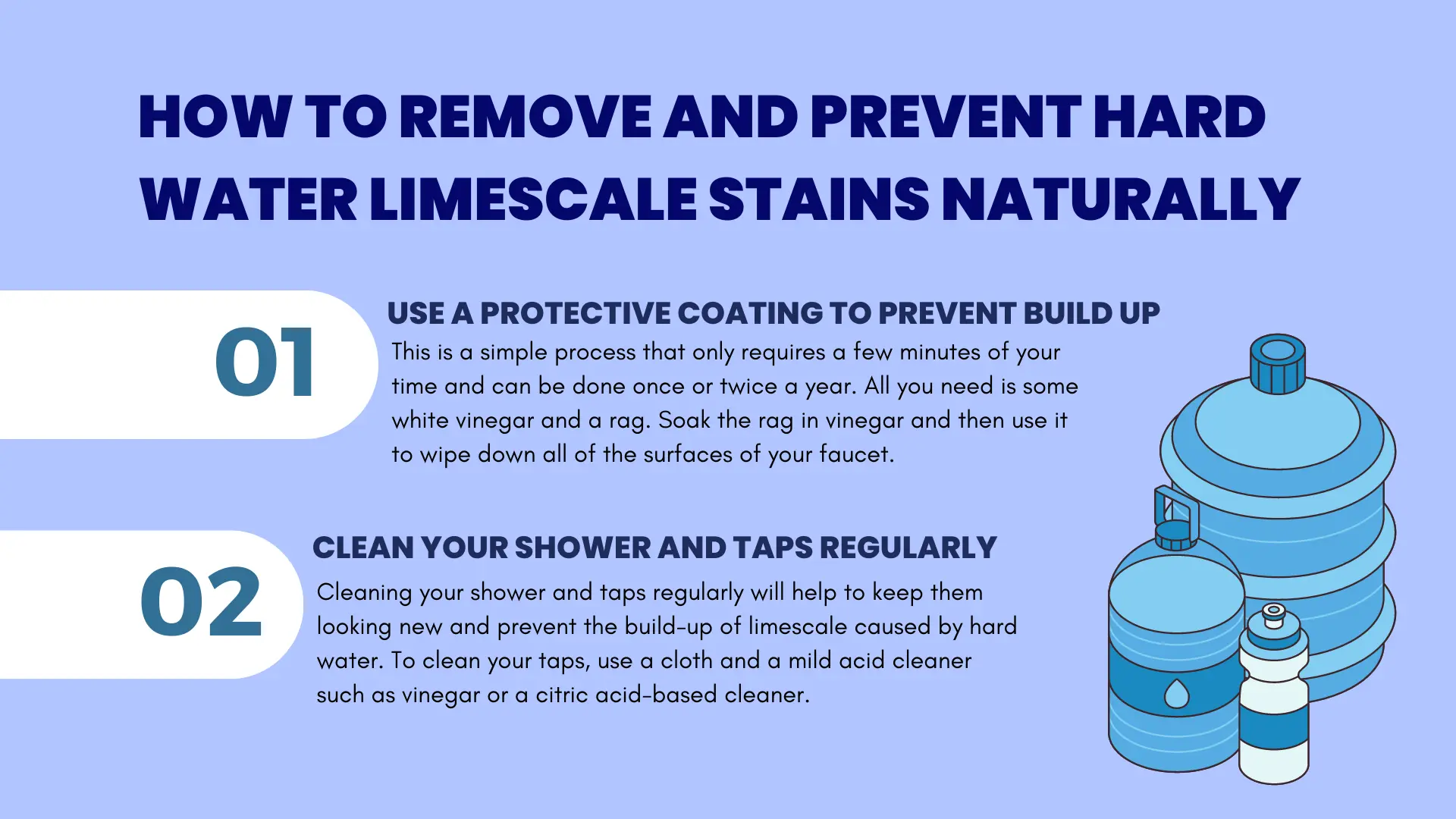
Another great way to soften your tap water and prevent hard water lime scale stains from appearing is by installing a shower head filter. This is a great solution if you only have a limited amount of time each day to dedicate to stain removal. Plus, they’re pretty affordable!
Use a Protective coating to Prevent Build Up:
This is a simple process that only requires a few minutes of your time and can be done once or twice a year. All you need is some white vinegar and a rag. Soak the rag in vinegar and then use it to wipe down all of the surfaces of your faucet. Be sure to pay special attention to any areas where limescale has built up. The vinegar will help to break down the scale and make it easier to remove.
Clean your shower and taps regularly:
Cleaning your shower and taps regularly will help to keep them looking new and prevent the build-up of limescale caused by hard water. To clean your taps, use a cloth and a mild acid cleaner such as vinegar or a citric acid-based cleaner. For your shower, use a squeegee to remove the water and soap scum after each use.
Conclusion:
The best way to treat hard water is by using water softening filters. These filters with built-in water softeners are easy to install and can be used for a long period of time without any problems, they prevent damage to your appliances and help keep your shower screens looking good.
